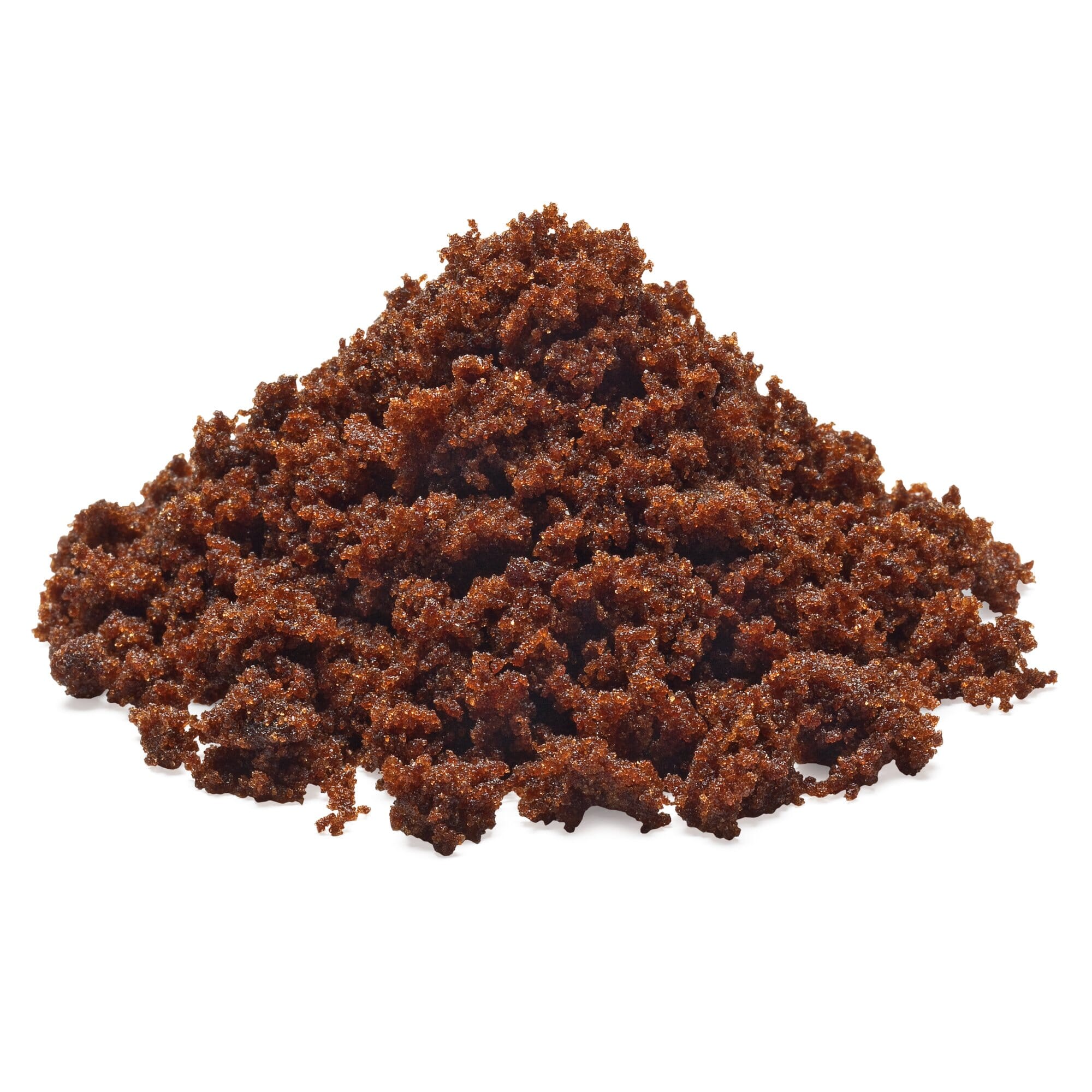Cane Sugar Processing Explained: What Happens Inside a Sugar Mill
Cane Sugar Processing Explained: What Happens Inside a Sugar Mill
Blog Article
A Comprehensive Summary of the Health and Economic Ramifications of Walking Cane Sugar Handling on Local Neighborhoods
Cane sugar handling plays a crucial function in shaping the economic landscape of local communities, providing employment possibilities and boosting ancillary markets. The wellness ramifications linked with high sugar consumption can not be overlooked, as they add to climbing rates of excessive weight and diabetes.
Financial Advantages of Cane Sugar Processing
Walking cane sugar processing provides considerable economic advantages that prolong beyond the prompt farming industry. The cultivation and handling of sugarcane create countless job chances, from farming to manufacturing and circulation. This employment generation not just sustains regional economic situations but likewise promotes community advancement by giving stable earnings resources for households.
Furthermore, the sugar sector stimulates secondary businesses, consisting of transportation, devices supply, and product packaging services (Cane Sugar Processing). As these fields grow, they add to a much more durable financial framework, boosting general neighborhood durability. The export potential of refined cane sugar further intensifies economic benefits, placing regions as competitive players in worldwide markets
Investment in modern processing facilities can cause raised productivity and effectiveness, thereby decreasing waste and maximizing resource usage. This change not just benefits the regional economic climate but likewise sustains sustainability efforts by lessening ecological influences.
Furthermore, the profits generated from cane sugar handling can be reinvested in neighborhood infrastructure, education, and healthcare, promoting alternative area development. On the whole, the financial advantages of walking cane sugar handling are diverse, supplying a structure for withstanding success in agricultural regions.
Health And Wellness Threats Related To Sugar Consumption
Extreme sugar consumption positions significant wellness threats that necessitate major attention. High consumption of included sugars, especially from refined foods and beverages, has actually been connected to many health problems.
Moreover, high sugar usage is connected with cardio illness. Raised blood sugar level degrees can lead to insulin resistance, a precursor to different heart-related concerns. In addition, sugar can have harmful effects on dental health and wellness, resulting in cavities and periodontal condition, as bacteria in the mouth prosper on sugar, producing acids that erode tooth enamel.
Furthermore, emerging research suggests a potential web link in between high sugar usage and psychological health and wellness disorders, such as anxiety and anxiety. As areas face these health threats, it comes to be important to promote recognition and motivate healthier nutritional choices. Attending to sugar consumption is critical not only for specific health and wellness however also for the overall well-being of local communities, stressing the demand for thorough public wellness strategies.
Ecological Influences of Sugar Production
Often ignored in discussions about sugar's implications is the substantial environmental impact of sugar manufacturing. The farming of sugarcane typically requires comprehensive land use, resulting in deforestation, loss of biodiversity, and disturbance of local communities. The conversion of forests and wetlands into sugar plantations can cause habitat destruction, harmful many species and changing ecological equilibrium.
Furthermore, sugar manufacturing is resource-intensive, consuming significant amounts of water for irrigation. This can lead to deficiency of neighborhood water resources, negatively affecting both agricultural techniques and neighborhood access to tidy water. Furthermore, making use of chemical plant foods and chemicals in sugarcane farming can add to dirt deterioration and water pollution, as runoff from these chemicals gets in close-by rivers and lakes, impacting marine life and human health and wellness.
The environmental footprint reaches the handling phase, where power usage and waste generation further aggravate eco-friendly worries. Air contamination from burning sugarcane areas, together with greenhouse gas exhausts, add to environment modification. Because of this, the ecological ramifications of sugar manufacturing warrant major factor to consider, urging stakeholders to take on more lasting practices to alleviate these adverse impacts on local ecosystems and neighborhoods.
Work Development and Area Development
The ecological obstacles positioned by sugar manufacturing are typically counteracted by its capacity for financial advantages, particularly in work creation and neighborhood growth. The walking stick sugar sector offers as a significant resource of work in many backwoods, supplying jobs throughout various ability levels, from agricultural labor to processing and circulation functions. This work not just sustains private families however likewise adds to the general economic vigor of neighborhood communities.
Additionally, the facility of sugar handling facilities promotes secondary businesses, such as transportation solutions, equipment supply, and maintenance carriers. As these companies prosper, they create extra tasks and reinforce local economic climates. The profits produced from the sugar market likewise causes boosted tax obligation profits, which can be reinvested into neighborhood solutions such as medical care, education and learning, and framework growth.
In addition, the sugar sector usually takes part in community development efforts, such as supporting regional colleges and health and wellness programs, thus improving the high quality of life for homeowners. By promoting solid area connections and advertising economic development, the walking cane sugar processing field plays an important duty in uplifting regional populations, making it an important part click to find out more of lasting growth strategies in sugar-producing areas.
Balancing Wellness and Economic Growth
In browsing the intricacies of walking cane sugar processing, a vital obstacle hinges on balancing wellness factors to consider with economic growth. The sugar market considerably adds to local economic situations by creating work, stimulating related industries, and boosting tax obligation revenues. However, the health and wellness ramifications connected with excessive sugar consumption can cause persistent conditions such as obesity, diabetic issues, and cardiovascular issues, which can concern public health and wellness systems and lessen workforce performance.

Additionally, regulatory frameworks can play a critical duty in leading industry methods in the direction of even more sustainable and health-conscious approaches. By fostering partnership between federal government bodies, wellness companies, and the sugar sector, communities can navigate the dichotomy of health and financial development, guaranteeing that the benefits of walking stick sugar handling are equitably shared while focusing on public wellness.
Verdict
Finally, the processing of walking cane sugar provides both substantial financial benefits and notable health and wellness threats for regional areas. While it fosters work creation and promotes regional growth, the affiliated wellness worries, particularly relating to weight problems and diabetes, require a mindful balancing act. By promoting responsible intake and investing in neighborhood education and sustainable techniques, it is feasible to make best use of financial advantages while lessening negative health and wellness impacts, consequently making sure a much healthier future for neighborhood populations.
Additionally, sugar can have destructive results on dental wellness, resulting in tooth cavities and periodontal disease, as bacteria in the mouth grow on sugar, generating acids that deteriorate tooth enamel.
Resolving sugar intake is essential not only for individual health however also for the total wellness of local neighborhoods, emphasizing the demand for extensive public wellness techniques.
Regularly neglected in conversations about sugar's effects is the considerable environmental influence of sugar production. The health implications linked with too much sugar usage can lead to chronic illness such as weight problems, diabetic issues, and cardiovascular concerns, which can problem public health systems Read Full Report and diminish workforce performance.

Report this page